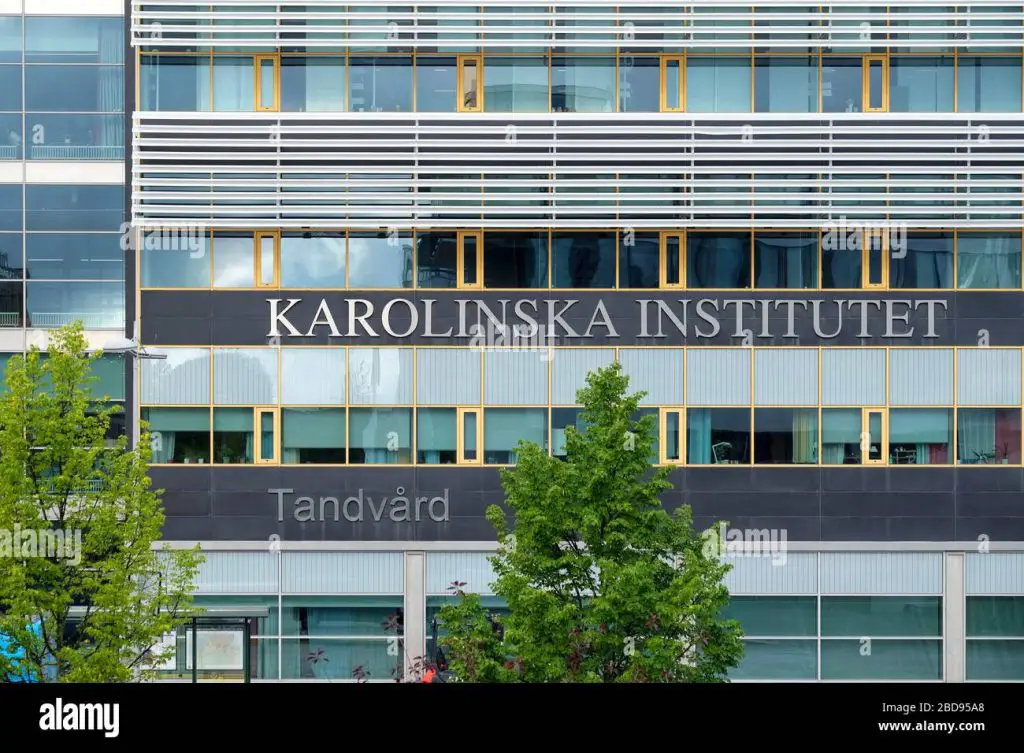; University of Nottingham, United Kingdom

Location:Nottingham, ENGLAND
Job Type:FullTime
Deadline:31 Mar 2024
Supervisors: Professor Nigel P Minton, Dr Klaus Winzer, Dr Sarah Kuehne
Clostridioides difficile (C. diff) poses a significant global public health threat, being the primary cause of hospital-acquired and antibiotic-associated diarrhea. Annually, approximately half a million new cases of C. difficile infection (CDI) arise in the US and Europe, with management costs reaching $6.3 billion per year in the US and over £120 million annually for the UK NHS.
Conventional antibiotics are less effective against recurrent or severe CDI, and the emergence of antibiotic-resistant C. diff strains exacerbates the situation. There is an urgent need for alternative therapies, with phage therapy showing promise.
Bacteriophages, which were used to treat infectious diseases before antibiotics, are appealing for CDI treatment due to their specificity and non-toxic nature. However, obstacles to their widespread use include the absence of lytic phages targeting C. diff and the narrow specificity of existing phages.
Recent advancements at Nottingham have addressed these challenges by isolating lytic phages and developing CRISPR/Cas genome editing tools to modify phage genomes. These tools were used to enhance phage specificity and therapeutic potential.
The objective of the PhD program is to capitalize on these breakthroughs by designing, constructing, and testing synthetic bacteriophage cocktails effective against prevalent C. diff strains causing CDI. Two platforms will be pursued: a lytic platform based on newly isolated phages and a lysogenic platform designed to kill the host upon lysogeny.
The project will involve various disciplines including anaerobic microbiology, DNA synthesis, synthetic biology, CRISPR/Cas genome editing, electron/high-resolution microscopy, bioinformatics, in vivo testing, receptor biology, therapeutics, and biochemistry.
The three year studentship covers tuition fees and a tax-free stipend, UK Students only.
At least a 2.1 Honours degree in Microbiology, Biochemistry or related field.
Informal inquiries to nigel.minton@nottingham.ac.uk
Application details: to apply for this PhD opportunity, please submit the following documents to nigel.minton@nottingham.ac.uk
- Cover letter outlining your research interests and motivation to pursue this project.
- Curriculum vitae detailing your academic background, research experience, and relevant skills.
- Academic transcripts of previous degrees.




